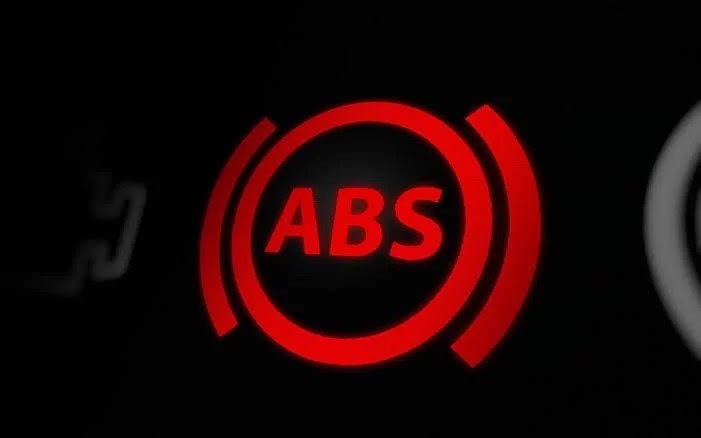The ABS light, also known as the anti-lock brake system light, is a warning indicator on your car’s dashboard that alerts you of a problem with the ABS system. The ABS system is a safety feature that prevents your wheels from locking up when you brake hard, allowing you to maintain steering control and avoid skidding.
When the ABS light is on, it means that the ABS system is not working properly, and you should have it checked and repaired as soon as possible. In this article, we will explain some of the common causes of the ABS light and how to fix them.
Malfunctioning ABS Sensor
One of the most common causes of the ABS light is a faulty wheel speed sensor. The wheel speed sensor measures how fast each wheel is rotating and sends this information to the ABS control module. The control module then adjusts the brake pressure to each wheel to prevent them from locking up. If one or more of the sensors are not working properly, the control module will not receive accurate data and will trigger the ABS light.
To fix this problem, you need to replace the faulty sensor or sensors. You can use a diagnostic tool to scan the ABS system and find out which sensor is causing the problem. You can also inspect the sensors visually for any signs of damage or corrosion. The sensors are usually located near the wheel hub or inside the brake rotor.
Damaged ABS Control Module
Another possible cause of the ABS light is a damaged or defective ABS control module. The control module is the brain of the ABS system, and it receives signals from the wheel speed sensors and other components. It then calculates the optimal brake pressure for each wheel and activates the ABS pump motor and valves accordingly. If the control module is damaged or not functioning properly, it will not be able to control the ABS system correctly and will trigger the ABS light.
To fix this problem, you need to replace the faulty control module. However, before you do that, you should check if there are any other issues that might be affecting the control module, such as wiring problems, low battery voltage, or blown fuses.
Wiring Problems
The ABS system relies on complex wiring to communicate between its components. If any of these wires are damaged, loose, or corroded, it can cause communication errors and interfere with the operation of the ABS system. This can result in the ABS light coming on.
To fix this problem, you need to inspect and repair any damaged wiring in the ABS system. You can use a multimeter to test for continuity and voltage in the wires. You should also check for any signs of wear or tear in the wiring harnesses and connectors.
Low Brake Fluid Levels
Low brake fluid levels can also cause the ABS light to come on. Brake fluid is essential for transferring hydraulic pressure from the brake pedal to the brake calipers and pads. If there is not enough brake fluid in the system, it will reduce the braking performance and affect the function of the ABS system.
To fix this problem, you need to check and refill your brake fluid reservoir. You should also check for any leaks in the brake lines or hoses that might be causing fluid loss. You should use the recommended type of brake fluid for your vehicle and follow the manufacturer’s instructions on how to bleed your brakes.
Malfunctioning ABS Pump Motor
The ABS pump motor is responsible for generating and maintaining the pressure that is needed for the ABS system to function properly. It works together with a set of valves that regulate the flow of brake fluid to each wheel. If the pump motor is not working properly, it will not be able to provide enough pressure for the ABS system and will trigger the ABS light.
To fix this problem, you need to replace or repair your faulty pump motor. You can test your pump motor by applying 12 volts directly to its terminals and listening for any sounds or vibrations. You can also measure its resistance with a multimeter and compare it with its specifications.
Conclusion
The ABS light is an important warning indicator that tells you there is something wrong with your anti-lock braking system. If you see this light on your dashboard, you should not ignore it and have your vehicle inspected and repaired as soon as possible. Driving with a faulty ABS system can compromise your safety and increase your risk of accidents.
Some of the common causes of an ABS light are malfunctioning wheel speed sensors, damaged control modules, wiring problems, low brake fluid levels, or malfunctioning pump motors. To fix these problems, you need to replace or repair any faulty components in your ABS system. It’s always best to have a professional mechanic diagnose and fix your issue to ensure that it’s done correctly and safely.

Comments (0)
Please login to join the discussion
Be the first to comment on this article!
Share your thoughts and start the discussion